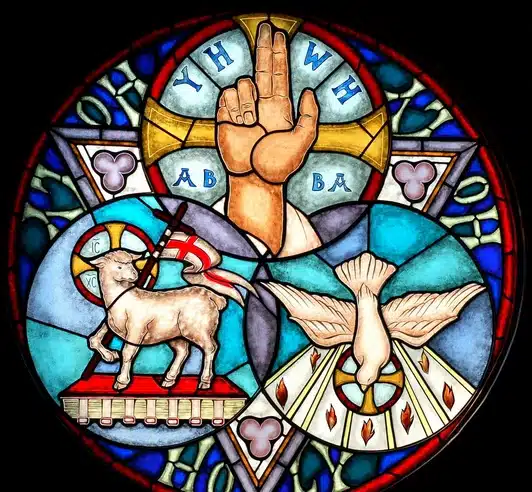In the realm of Christian tradition, few documents hold as much significance and serve as a guiding force as the Apostle’s Creed. This ancient statement of faith has endured through centuries, providing inspiration, comfort, and hope to countless believers. Today, we delve into the history, meaning, and profound significance of the Apostle’s Creed for Christians in the modern world.
The Foundation of the Creed
The Apostle’s Creed originated from the early Christian Church, believed to have been shaped by the teachings of the apostles themselves. While its precise origins are unclear, it is widely accepted that the creed crystallized during the first few centuries after Christ’s ascension.
Content and Structure
The creed is a succinct summary of Christian beliefs, divided into three sections, namely the Father, the Son, and the Holy Spirit. Each section highlights core tenets of the faith, forming a comprehensive statement of Christian doctrine. Let’s explore these sections in more detail:
1. The Father
The first section declares belief in God the Father, the Almighty, the creator of heaven and earth. It emphasizes His divine nature, His role as the ultimate authority, and His eternal, loving relationship with His creation.
2. The Son
The second section focuses on Jesus Christ, the Son of God. It affirms His miraculous birth, His ministry on Earth, His crucifixion, death, burial, and triumphant resurrection. Belief in Jesus as the savior, His role as the judge of the living and the dead, and His eternal reign form the core of this section.
3. The Holy Spirit
The final section acknowledges the Holy Spirit as the giver of life to believers, the empowering force behind the Church, and the one who unites believers into a global communion of saints. It expresses the belief in forgiveness, resurrection, and the hope of eternal life.
Historical Significance
Throughout history, the Apostle’s Creed has played a pivotal role in establishing and preserving a unified understanding of the Christian faith. As early believers faced persecution, political complexities, and theological disputes, the creed provided a concrete expression of their shared beliefs. It was recited in baptismal ceremonies, public worship, and catechism classes, reinforcing the Christian identity.
Unity Among Christians
The creed transcends denominational boundaries, bringing diverse branches of Christianity together. By affirming the core doctrines, the creed fosters unity and promotes dialogue among Christians of different traditions. It serves as a widely accepted standard, reminding believers that their faith, despite differences in practice and interpretation, shares a common foundation.
Personal Faith and Spiritual Reflection
While the Apostle’s Creed has historical significance, its relevance extends far beyond the confines of history. In the lives of contemporary Christians, it offers a source of inspiration, comfort, and a reminder of the unchanging truths of the Christian faith. Reciting the creed can be a personal act of recommitment, a spiritual discipline encouraging introspection and renewal of one’s faith.
The Apostle’s Creed Unifies Believers
The Apostle’s Creed stands as a testament to the enduring power of faith. From its roots in the early Church to its present-day influence, it remains a guiding force for Christians across generations. This concise expression of Christian doctrine unifies believers, provides a sense of identity, and offers unwavering hope. By embracing the Apostle’s Creed, Christians today can find solace in a world of uncertainties, knowing they are part of a larger narrative of redemption and eternal truth.
I believe in God, the Father Almighty, Creator of Heaven and earth;
and in Jesus Christ, His only Son Our Lord,
Who was conceived by the Holy Spirit, born of the Virgin Mary, suffered under Pontius Pilate, was crucified, died, and was buried.
He descended into Hell; the third day He rose again from the dead;
He ascended into Heaven, and sitteth at the right hand of God, the Father almighty; from thence He shall come to judge the living and the dead.
I believe in the Holy Spirit, the holy Catholic Church, the communion of saints, the forgiveness of sins, the resurrection of the body and life everlasting.
